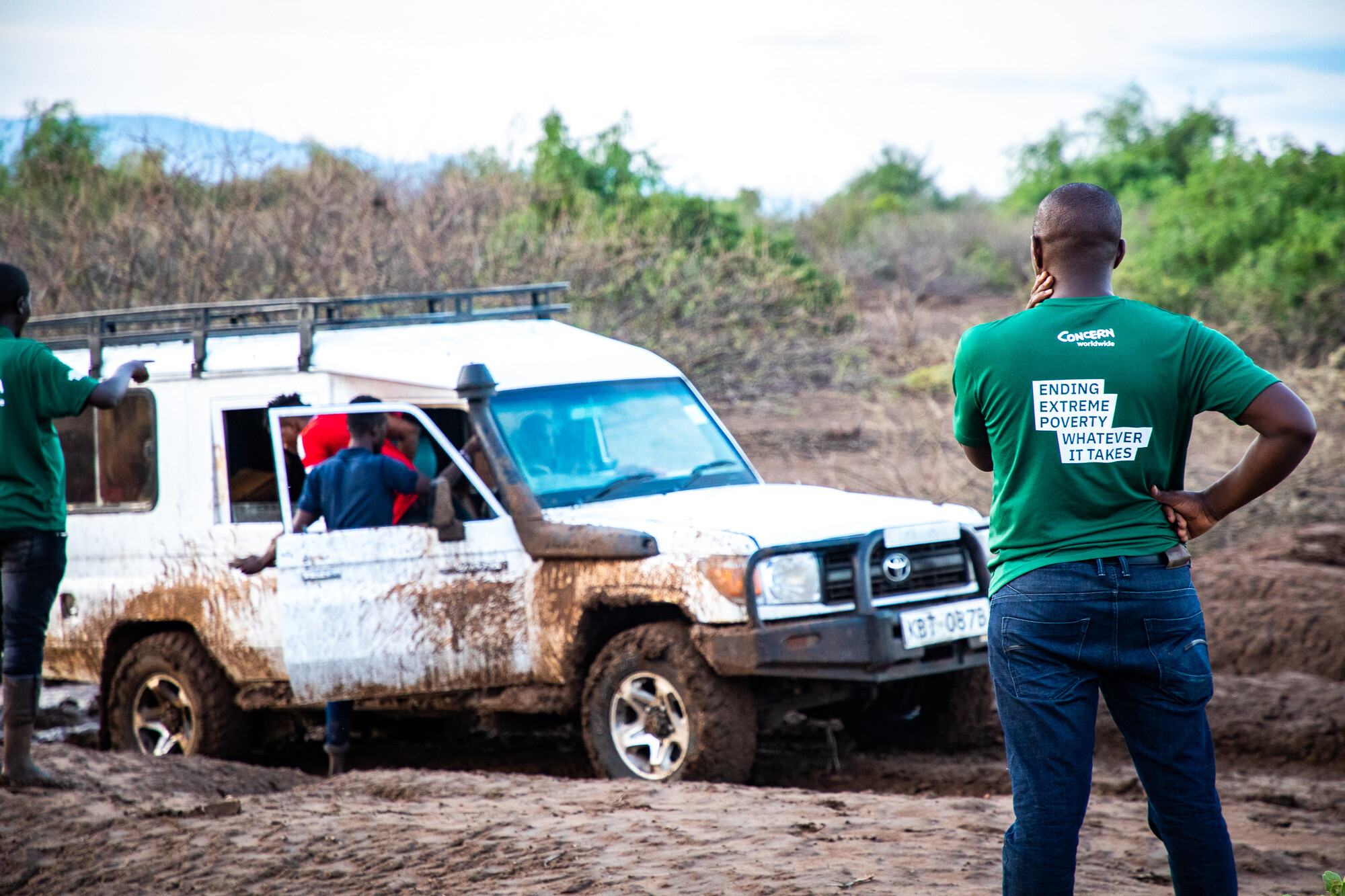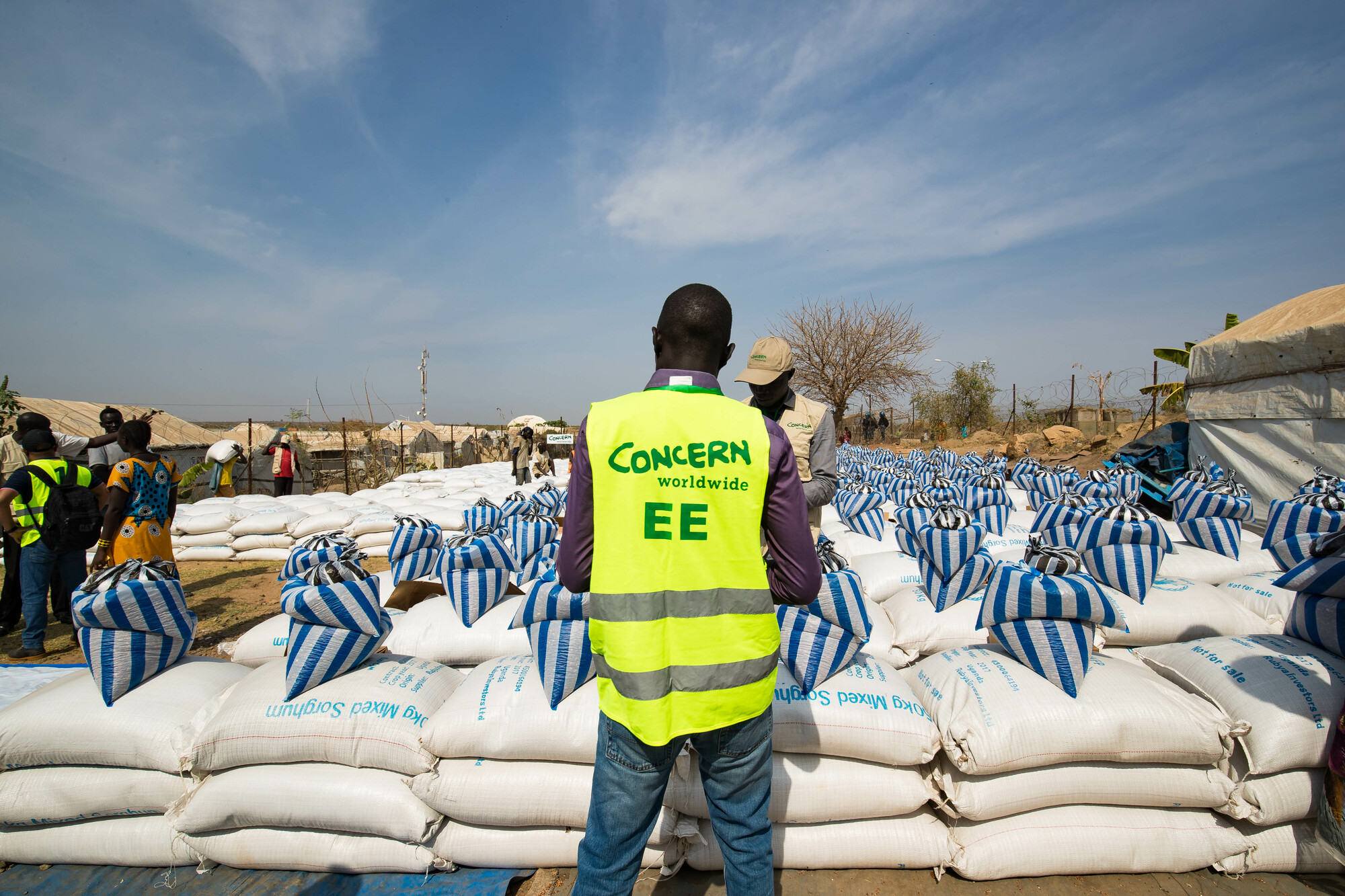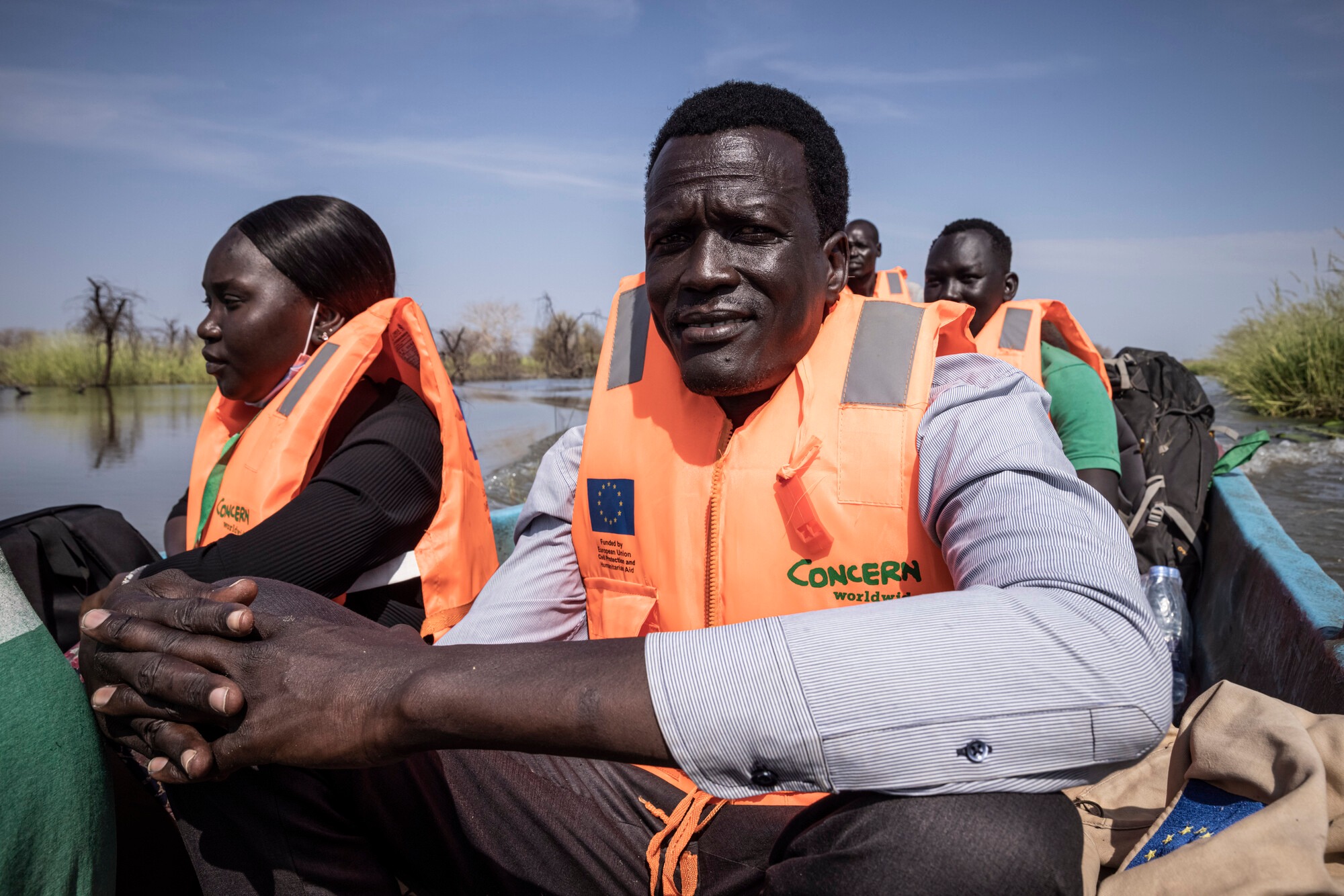2024 was the deadliest year on record for humanitarian workers, with more than 380 killed and hundreds more injured, kidnapped, or detained.
As of August 2025, the grim trend shows no sign of slowing, with Concern Worldwide warning that this year could surpass last year’s toll.
Marking World Humanitarian Day on August 19, Concern said the attacks were not accidents but violations of international humanitarian law that too often go unpunished.

The organisation is urging the European Union and its member states to take stronger action to protect civilians and aid workers, ensure accountability for breaches of humanitarian law, defend humanitarian space, and invest in localised humanitarian response.
“Humanitarian workers are integral to recovery in crises large and small, yet they are increasingly under attack,” said Concern CEO Dominic Crowley.
“If we wanted to be safe, we would not work where we are working. Insecurity is a consequence of the contexts within which we work. But the call to help people is too great for our teams to ignore.”
World Humanitarian Day, established in 2008, honours aid workers who have been killed or injured in the line of duty.
It falls on the anniversary of the 2003 attack on the Canal Hotel in Baghdad, which killed 22 humanitarian workers.
This year’s theme, “Strengthening Global Solidarity and Empowering Local Communities,” underscores the need to combine international support with the leadership of communities most affected by crises.
Concern highlighted that 816 humanitarian workers were victims of attacks in 2024, including 383 fatalities, nearly double the number recorded in 2018.
“Ultimately, the lynchpin of our security is acceptance,” said Concern Humanitarian Ambassador Dominic MacSorley.
“Local communities and all parties to conflict must recognise the value of our presence. But even that is not always enough. We need more than acknowledgement, we need action.”
The organisation said empowering local communities is critical for effective humanitarian response.
Initiatives such as disaster risk reduction, cash transfers, and health surge approaches have demonstrated how resilience-building can prevent emergencies from spiralling into full-blown crises.
Concern cited its Paribartan programme in India and Bangladesh, which saved lives during Cyclone Mahasen in 2013, and the Somali Cash Consortium, which has provided cash assistance to over 3.5 million people since 2018.

As the world prepares to mark World Humanitarian Day 2025, Concern paid tribute to humanitarians who lost their lives in the line of duty, including nurse Valerie Place, killed in Somalia in 1993, and Dr. Du’ale Mohammed Adam, killed in a 2016 bombing in Mogadishu.
Their stories, the organisation said, reflect the risks faced by aid workers and the extraordinary commitment that drives them.
“Despite the dangers, our staff continue to work in some of the most insecure parts of the world, because people in crisis need support,” Concern said in a statement.
“This World Humanitarian Day, we call on the international community to act for humanity, protect those who serve, and empower those most affected to shape their own futures.”
A significant portion of these attacks occurred in conflict-heavy regions of Africa, including Sudan, where ongoing violence has claimed numerous lives in humanitarian operations, highlighting the continent’s growing peril for aid workers.
In Kenya, while overall attacks on aid workers have declined since 2012, threats persist. In 2024, two international NGO workers were injured when protesters stoned their ambulance, and a security guard was wounded in a robbery at a relief distribution site.

